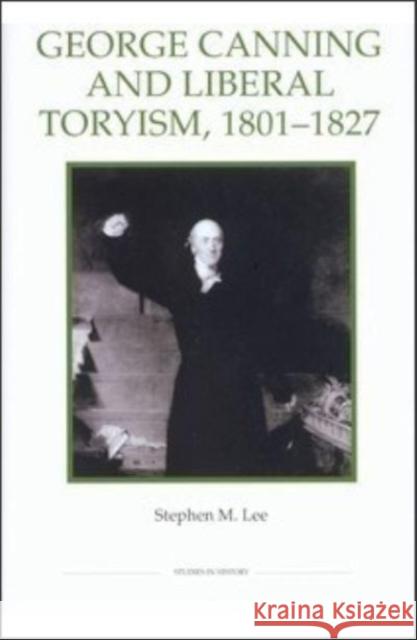George Canning and Liberal Toryism, 1801-1827 » książka
George Canning and Liberal Toryism, 1801-1827
ISBN-13: 9780861932948 / Angielski / Twarda / 2008 / 222 str.
Winner of the Royal Historical Society's 2009 Whitfield Book Prize. George Canning, one of the most charismatic and divisive figures in British political history, was at the centre of Hanoverian politics for nearly four decades. This study looks at how Canning emerged in the years between 1801 and his death in 1827 as the leading exponent of a distinctive form of Liberal Toryism in parliament and in the country at large. In contrast to the majority of works on Canning and his impact of British foreign policy, it concentrates on Canning's domestic career: his emergence from the shadow of Pitt after 1801; his disillusionment with old-fashioned factionalism in the years after Pitt's death in 1806; his experiences as MP for Liverpool (1812-23); his political thought; his relationships with the middle classes and his contribution to the evolution of the idea of 'public opinion'; his role in the 'high' period of Liberal Toryism (1822-7); and, finally, his central part in the break-up of the Tory party in 1827 in the aftermath of Lord Liverpool's incapacitating stroke. His achievement is thus shown to lie as much in the realm of domestic party politics as in foreign relations and diplomacy. And by looking at Canning's career over the longer term, the book argues that Liberal Toryism was not simply a flourish of post-war economic liberalism, but a fundamental reshaping of British party politics in the aftermath of the French revolution.











